Malaga’s MAFF: Abner Benaim, Nerea Barros, Storyboard Media, Yanillys Perez Set for Fest’s Centerpiece Project Competition
- Oops!Something went wrong.Please try again later.
- Oops!Something went wrong.Please try again later.
- Oops!Something went wrong.Please try again later.
- Oops!Something went wrong.Please try again later.

erea Barros, both make their market debut at next March’s Malaga Festival Fund & Co-Production Event (MAFF), one of the top forums for arthouse projects in the Spanish-speaking world.
Some seven further projects have been added to the initial opine announced at December’s Ventana Sur, including a pair from Paraguay, Málaga’s country of honour, and “Women in the City,” a doc feature exec produced by Rafael Cobos, creator, director and showrunner of the Canneseries-awarded show, “El hijo zurdo.”
More from Variety
Proving the possibility to carve out an international film career based out of Panama, “The Simple Life” (“La Vida Simple”) marks the sixth feature from Benaim, Oscar shortlisted for “Plaza Catedral.”
Marking a departure, “The Simple Life” looks like a more personal turn, about a film director, sans camera and crew, in Panama, compelled by unforeseen circumstances to live the very movie he’s longed to capture on film, suffering existential crisis.
“The Coast” (“La Costa”), which Barros calls an “experimental” film, follows up “Memory,” nominated for a 2023 best doc short Spanish Academy Goya Award, also directed by Barros, who scored a Spanish Academy supporting actress Goya Award for “Marshland.” “The Coast” turns on what she calls two “obsessions,” “the legacy of the elderly, and climate change.”
In another high-profile MAFF entry, Chile’s “Box 205” marks a major industry undertaking – a four-part series and feature film – and the debut feature of producer Pablo del Rió and first TV series from Storyboard Media, winning a major $600,000 endowment from the Chilean National TV Council (CNTV).
Most titles come with something to recommend themselves, however, whether its directors’ shorts or the projects’ development trophies, or their producers’ track record.
“Resistencia: When Rain Falls,” for example, won Locarno’s Open Doors World Cinema Fund Award in 2022. Its director, the Dominican Republic’s Yanillys Perez, scooped a Discovery Filmmaker Award at the 2016 Toronto Festival for “Jeffrey.” Lais Santos Araújo was selected last year among Variety’s 10 Brazilian Next Gen Talents to Track. Directed by Tocco, whose short, “The Anniversary,” won at Guadalajara, Lleída and Viña del Mar. “Passengers for the Last Trip” has been put through a near dozen development programs, including Guadalajara’s Co-Production Meeting and Ventana Sur’s Punto Género, winning at least six prizes. “Infantry” has won at Bogotá BrLab Fast Track and took BrLab Ciné Development Toulouse and BrLab Vitrine National Distribution Prizes as well as the Mafiz Prize at CineMundi.
MAFF remains a mostly new talent showcase: Nine of the 14 titles are first or first-fiction features; four more are second features. So it delivers a snapshot of the key ambitions – artistic and industrial – of a new generation of Latin American filmmakers.
“As a producer I’m interested in talking about present-day problems in Latin America and the artistic and identity values of our culture,” says Dany Celeiro Rodríguez, producer of “Passengers.” Most other projects are also urgent social-issue tales.
“It is estimated that by 2100 more than half of the [world’s] languages will disappear. Every time a language is lost, a way of seeing the world also disappears,” says director Jeissy Trompiz of “The Language of Water.”
“The Queens of La Praviana” aims to re-write history.“Unearthing the tragic massacre of unknown and disregarded trans women in official historical records sparked the urgency to shed light on their plight through fiction. This film is a compelling opportunity to rewrite history and honor their lives and struggles on screen,” director Brenda Vanegas tells Variety.
Two projects are eco dramas. “We have normalized the destruction of the earth, the annihilation of natural resources, and the extermination of animals as an improvement in our lives. The desolation of nature in the name of progress. Only a few keep the legacy in their memory, our elders,” says Barros.
“I know that this film will not only achieve changes in the local community but also open up a new universe of connection with the sea, something I owe to my inner child,” helmer Flórez told Variety of “Ever & the Sharks.”
A breakdown of MAFF titles:
“Allq’u,” (Dir: Teo Belton; Prod: Macarena Coello, Perú)
A new package: From Chumbivilcas, Cusco, César is a fervent fighter of the Takanakuy, an Andean fist fight ritual battle. Forced to migrate to Lima, he is embroiled in clandestine fights, “leading him to find his destiny in a world of violence,” a synopsis says. “‘Allq’u’ is a story of resistance, an ancestral essence of Peru’s Andes,” resisting “in the face of a suburban, capital culture,” says Coello.
“An Amputee,” (“Un Amputado,” Ignacio Pávez, Chile)
Pávez’s sophomore pic after “Vieja Viejo,” a docu-fiction drama: Raul, 35, a junkie, suffers an accident, loses a hand. Sunk in depression, he discovers some truths that will lead him to find his place in the world once more. “My intention is not to create a film solely centered on individuals with disabilities. Instead, I aim to delve into the mechanisms of exclusion,” Pávez told Variety.
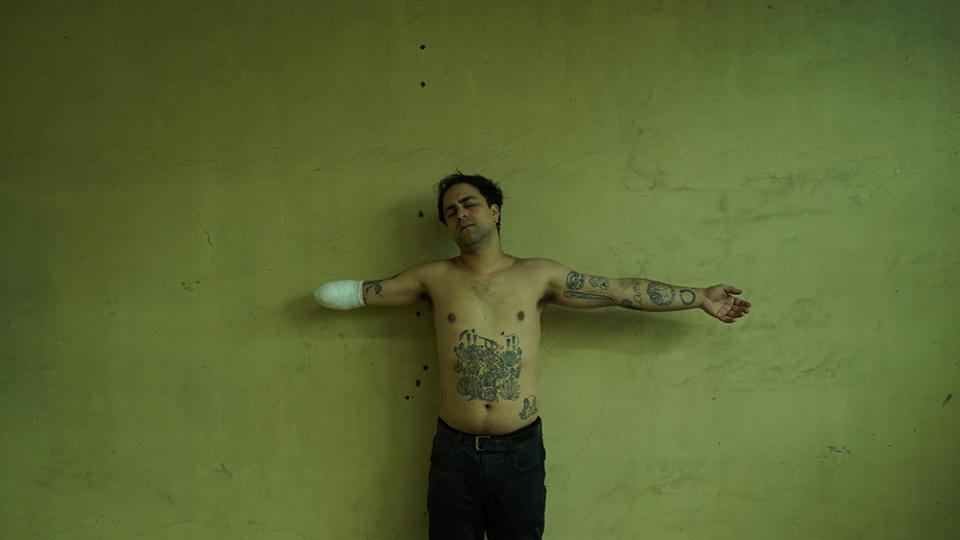
“Aurelia,” (Diego Manuel Mauro, Paraguay)
Executive produced by Patricia Sánchez who worked on some of Paraguay’s biggest box office hits, including “7 Cajas,” the feature debut of Diego Mauro is a horror film that turns on Aurelia who is raped by her father and dies at childbirth, to be later buried in the forest. Her younger brother hides the baby from their father who sets out to find it and is attacked by supernatural forces in the forest.
“Blanca,” (Dora Gómez Paiva, Paraguay, Spain)
Written and directed by Gomez, also a political scientist and social researcher, the titular “Blanca” has a month to convince the 15-year-old daughter she left at birth to come live with her in Spain. Produced by upstart Sembradora Guion & Cine, which took “Blanca” to Ventana Sur’s Punto Género, Entre Fronteras Audiovisual Market, and the ASUFICC Lab.
“Box 205,” (“Habitación 205,” Pablo Díaz del Rio, Chile, Argentina)
The story of a daughter’s love who fights a two-decade legal battle to prove that her father, former Chilean President Eduardo Frei Montalva, was killed by Augusto Pinochet’s secret services. Lead produced by Díaz del Río’s Rio Studios in Chile, and announced in October, co-produced by Chile’s Storyboard Media and Argentina’s Magma Cine.
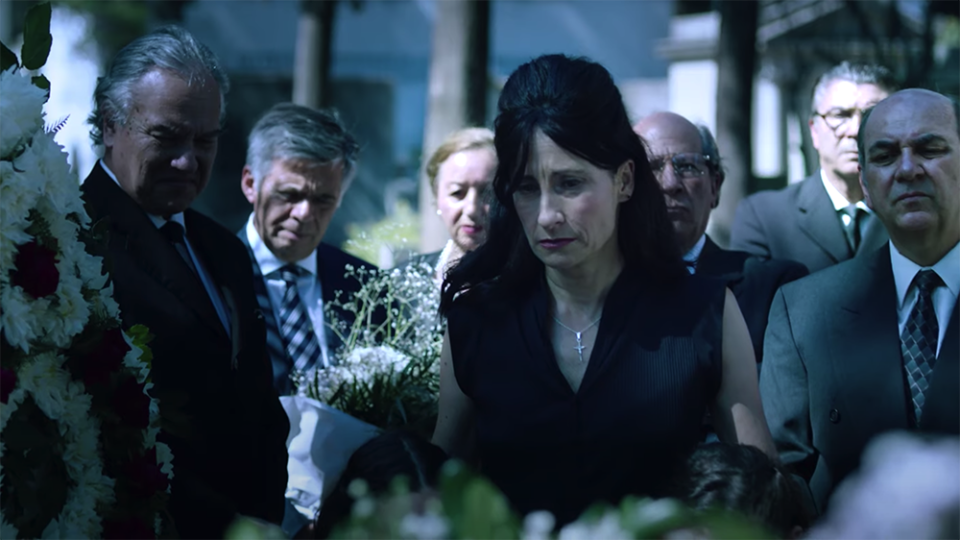
“The Coast,” (“La Costa,” Nerea Barros, Spain)
Bridging action and non-fiction, an exploration of the “legacy of a natural coast transformed into asphalt and brick,” that legacy embodied in its elders, engaged in traditional crafts or pursuits, or members of Indigenous communities and played by non-pro actors; or by its animals, sometimes on the verge of extinction. An ambitious first feature giving full-voice to a new Spanish auteur.
“The Docile Meat,” (“La Carne Dócil,” Pedro Gusmão, Spain)
Roberto, an on-the-rise Brazilian cook, starts working at Saturnia, northern Spain’s most exclusive restaurant, where he is embroiled in labor exploitation and cannibalism. A social-issue “horror film about class struggle” and fable about the horrors of capitalism,” says Gusmão.
“Ever & the Sharks,” (“El niño y el tiburón,” Lucía Flórez; Prod: Chémi Pérez; Peru, Spain)
A Locarno Match Me! standout, part coming-of-age tale, part high-seas adventure, part eco-drama as marine biologist Alejandra Mendoza Pfennig and Ever Apolo, a grieving teen boy, set off together to geotag for the first time whale sharks off the Peruvian coast. Produced by Pérez at Cabo Sur Films in the Canary Island Las Palmas.
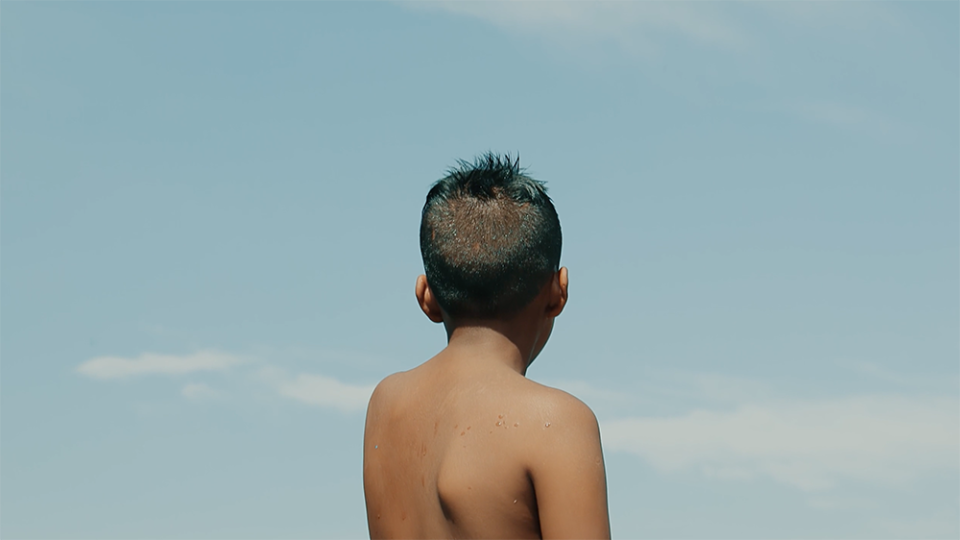
“For God’s Sake,” (“El Milagro del Suburí,” Lorenzo Tocco, Uruguay)
The mayor of El Surubí, fast disappearing off the map, claims a series of religious miracles around the village, in an attempt to turn it into a new Holy Land. Directed by Tocco, whose short, “The Anniversary,” won at Guadalajara, Lleída and Viña del Mar. Set up at Uruguay’s Montelona Cine, whose credits take in Ariel Rotter’s “A Blue Bird,” Lucía Garibaldi’s “The Sharks” and “Clever,” by Federico Borgia y Guillermo Madeiro.
“Infantry,” (“Infantaria,” Lais Santos Araújo, Brazil)
Potentially the sophomore feature from Santos Araújo whose debut, “Marina,” scored Hubert Bals Development Fund backing, an expansion of the director’s short of the same title which won a Berlin Generation 14plus Special Prize this year. Unaware that they are digging their own graves, two children try, in opposite ways, to unravel their mother’s secrets.
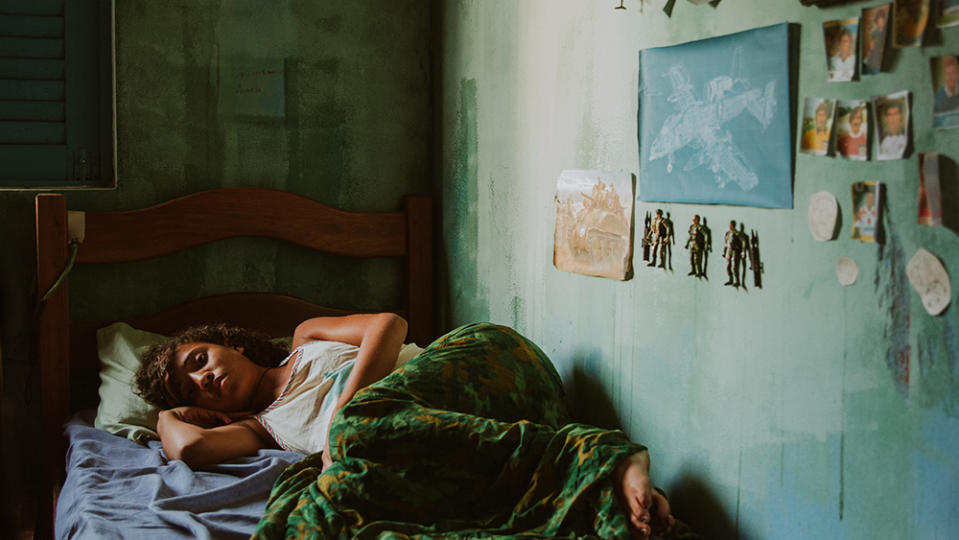
“The Language of Water,” (“La Lengua del Agua,” Jeissy Trompiz, Dominican Republic)
Jofris is the last speaker of his indigenous language, having fled his community many years before. Then his grandmother manifests in dreams, asking him to return. Produced by Casa Latina (Dominican Republic), Alamar Films (Venezuela), Hutong Productions (France).
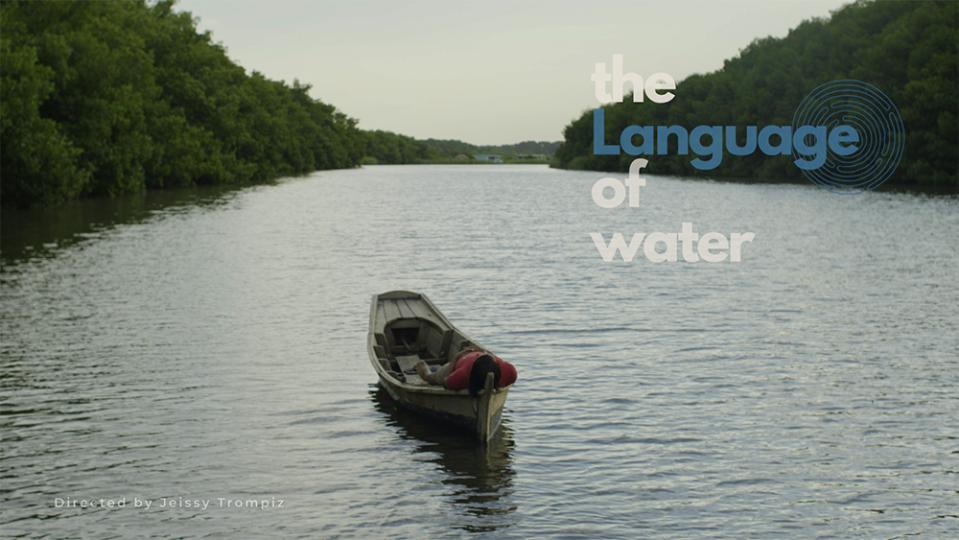
“The Loss of the Magic,” (Silvia Rey Canudo, Spain, Mexico)
Docu-fiction hybrid backed by the Basque gov’t and Ibermedia. In Tepoztlán, accusations of homophobia at a local restaurant spark national outrage. Conflicting narratives surface, leaving the owner, Natalia, baffled. Seeking resolution, she seeks help from a renowned local medium. Produced by San Sebastian-based Limbus Filmak, founded by Iban del Campo, producer of 2019 Malaga-winning docu, “Glittering Misfits.”
“The Outside,” (“El Exterior,” Víctor Moreno, Spain, Germany)
Moreno’s feature debut turns on astronauts Ana and Alexander who are preparing for a mission to Mars. To escape from the pressure, Ana flees and meets an old woman who changes her perspective on the planet and her place in the universe. Produced by Kino Pravda, which backed short, “Lovebirds,” that had its world premiere at the 2021 Malaga Film Fest.
“Passengers for The Last Trip,” (“Los pasajeros del último viaje,” Marta María Borrás, Colombia, France)
A young single mother on the brink impersonates the daughter of an elderly neighbor who has Alzheimers. “This film talks about memory. The characters have forgotten their past, and have wanted to erase their memories,” says Cuba’s Borrás, who produces with Dany Celeiro, backed by Colombia’s Galaxia 311 and France’s Temps Noir.
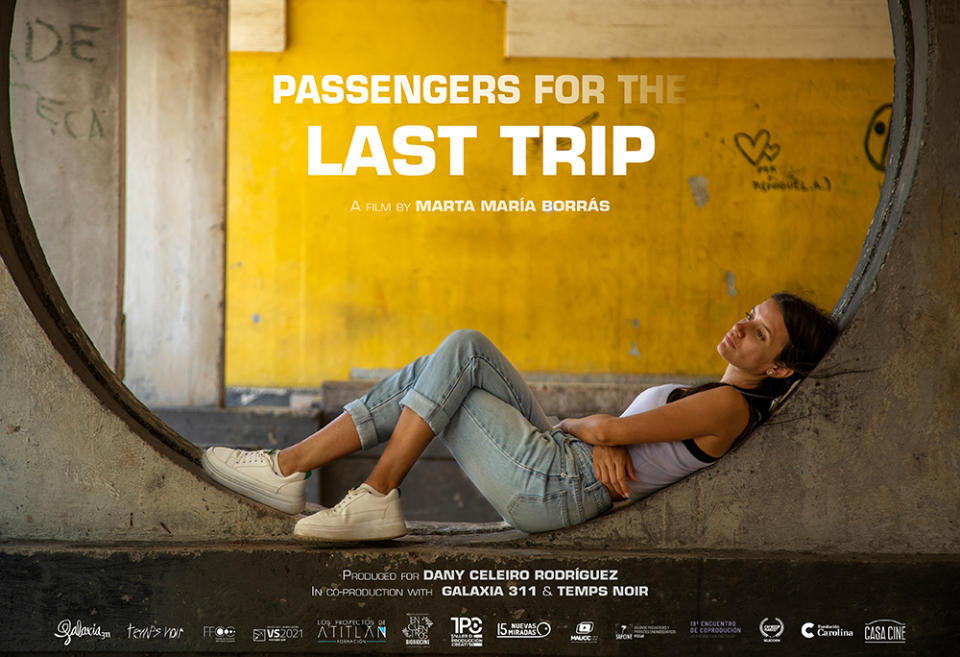
“The Queens of La Praviana,” (“Las Locas de la Praviana,” Brenda Vanegas, El Salvador, Spain)
At the height of the 1979-92 Civil War in San Salvador’s La Praviana neighborhood, transgender woman Viento seeks revenge for the murder of her partner and the disappearance of her fellow trans sisters. Inspired by Vanegas’ work. preserving LGBTQ+ memories in El Salvador, a highlight at August’s Sanfic Industria, Chile’s main industry meet.
“Resistencia: When Rain Falls,” (“Resistencia: Cuando cae la lluvia,” Yanillys Pérez, Dominican Republic)
Marta, a single mother, works at a mine, selling products and food, leaving Resistencia, 9, to parent Esperanza (7) and Mía, 5. A humble broken family portrait, set against a spectacular landscape, and laced with characters’ fantasies.
“The Simple Life,” (“La vida simple,” Abner Benaim, Panama, Uruguay)
The highest-profile project at MAFF and the latest from Benaim, director of Panama’s first Oscar shortlisted movie (“Plaza Catedral”), and a departure for him after an early career of comedy-laced social issue titles: “Chance,” (2009), “Invasión” (2014) and “Ruben Blades Is Not My Name” (2018) and drama “Plaza Catedral” (2021). This one’s more personal, however: “a tropical existential road movie,” says Benaim.
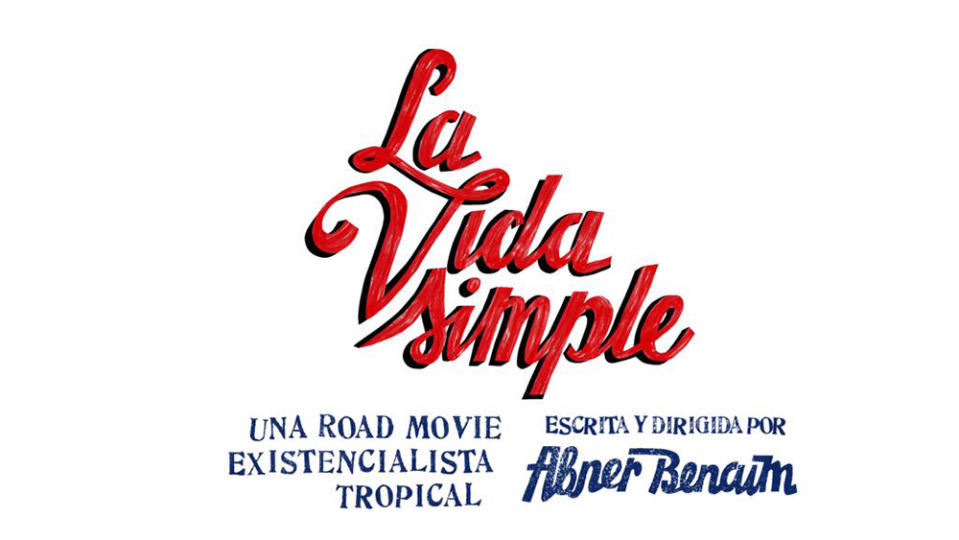
“The Seventh Son,” (“Septimo Hijo Varon,” Fernanda Rossi, Argentina)
A drama based on actual events that centers on Gaston Castillo who finds out, at 12, that his father, Roberto, had been kidnapped before he was born. To save Roberto, his mother had invoked an Argentine law where the president becomes the godfather of the seventh child, to protect him from becoming a werewolf, per an ancient legend. Backed by INCAA, slated to shoot late 2024.
“Switzerland,” (“Suiza,” Maria Fernanda Gonzales, Peru, Argentina)
A Peruvian mean streets social drama thriller. Thrown out by her parents after an abortion, Lucía survives with her g.f.s thanks to shoplifting and illegal errands until, desperate, she plans one last violent job – a jewellery heist –to allow her to escape and live in Switzerland. “‘Switzerland’ is about friendship and the desires of three young girls to continue having hope. And a decision that changes the course of their lives, like ‘Thelma & Louise,’” says producer Norma Velásquez C.
“Women in the City,” (“Ellas en la ciudad,” Reyes Gallegos Rodríguez, Spain)
Documentary by director-architect Reyes Gallegos spotlights Seville’s suburban women as unsung heroes, addressing gender dynamics, urban issues, and cultural transformation over 50 years. Through five stories, it highlights their struggles, achievements, and the overlooked role of women in city planning. Executive produced by Rafael Cobos (“El hijo zurdo”).
Best of Variety
Sign up for Variety’s Newsletter. For the latest news, follow us on Facebook, Twitter, and Instagram.

